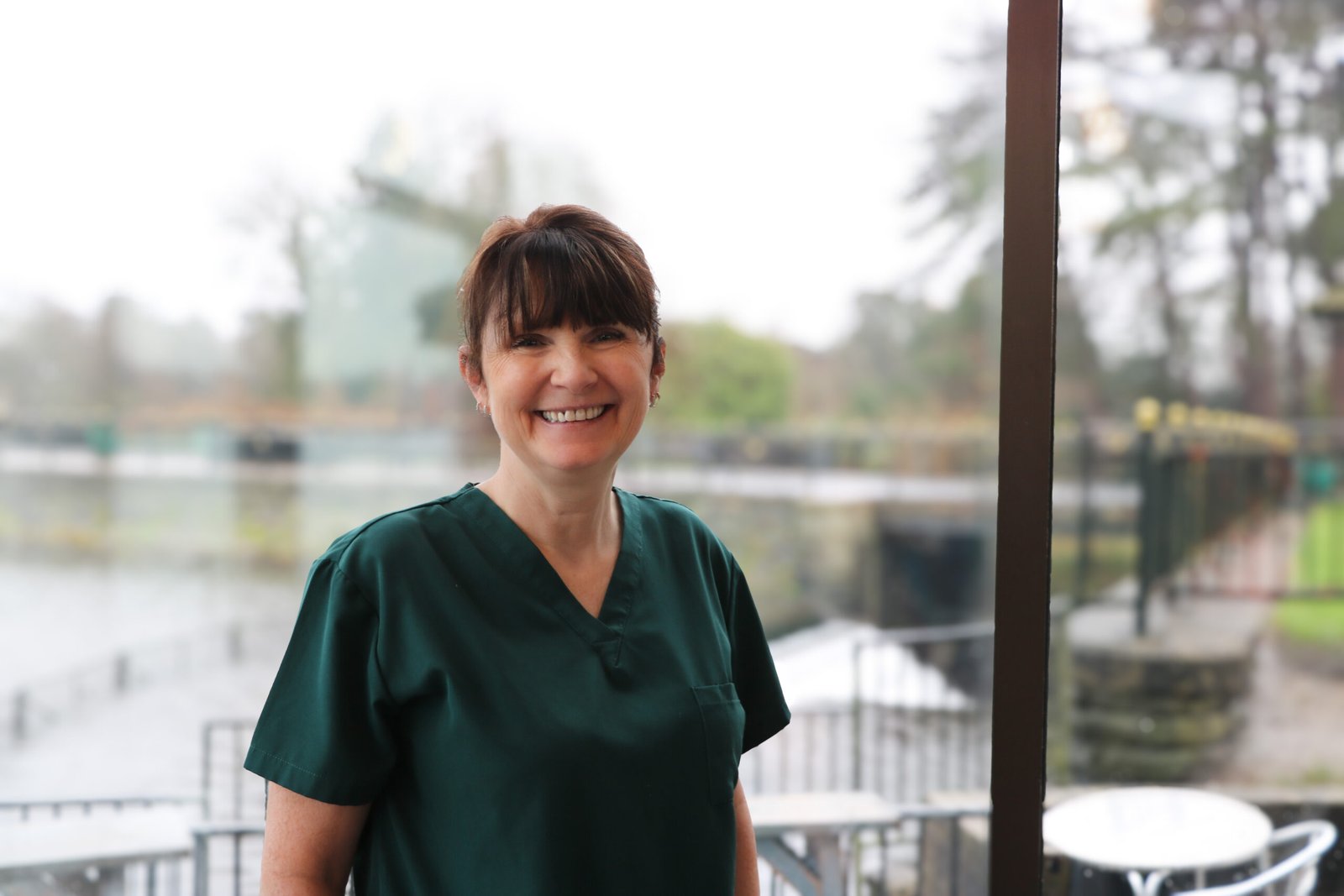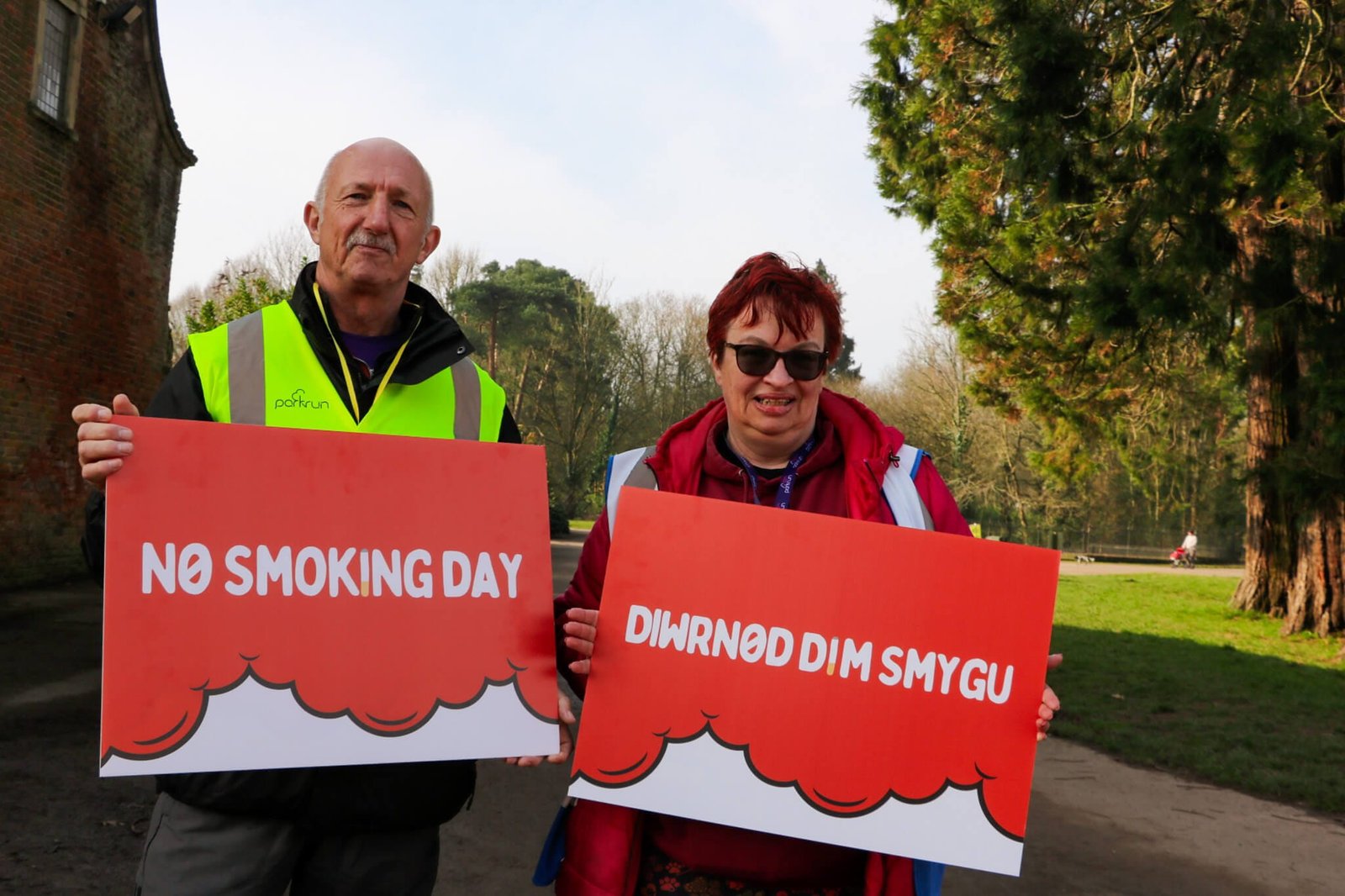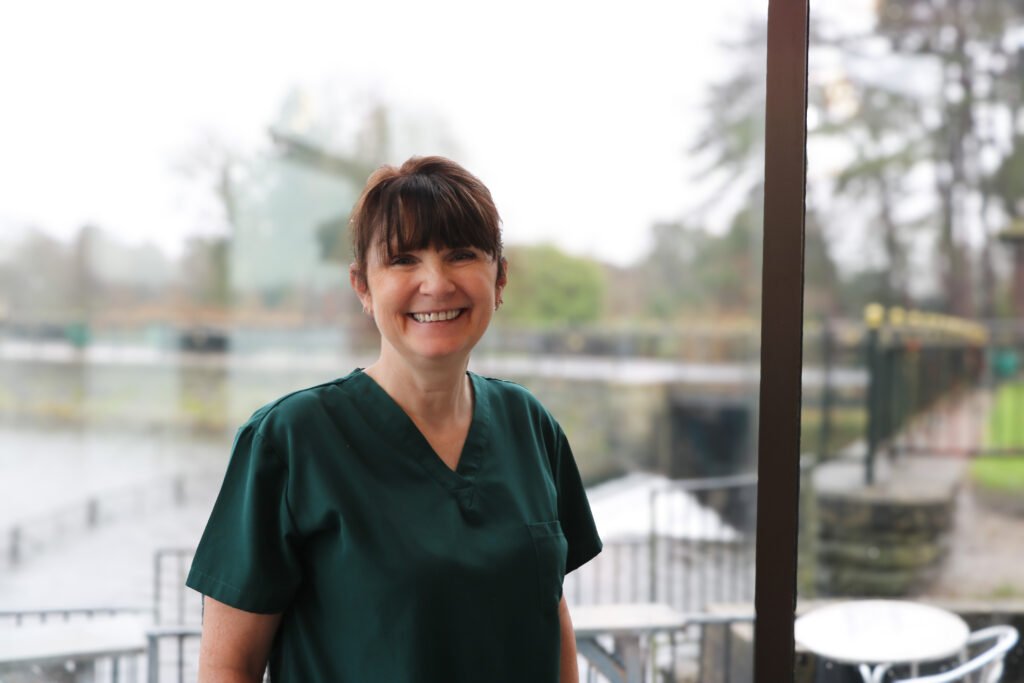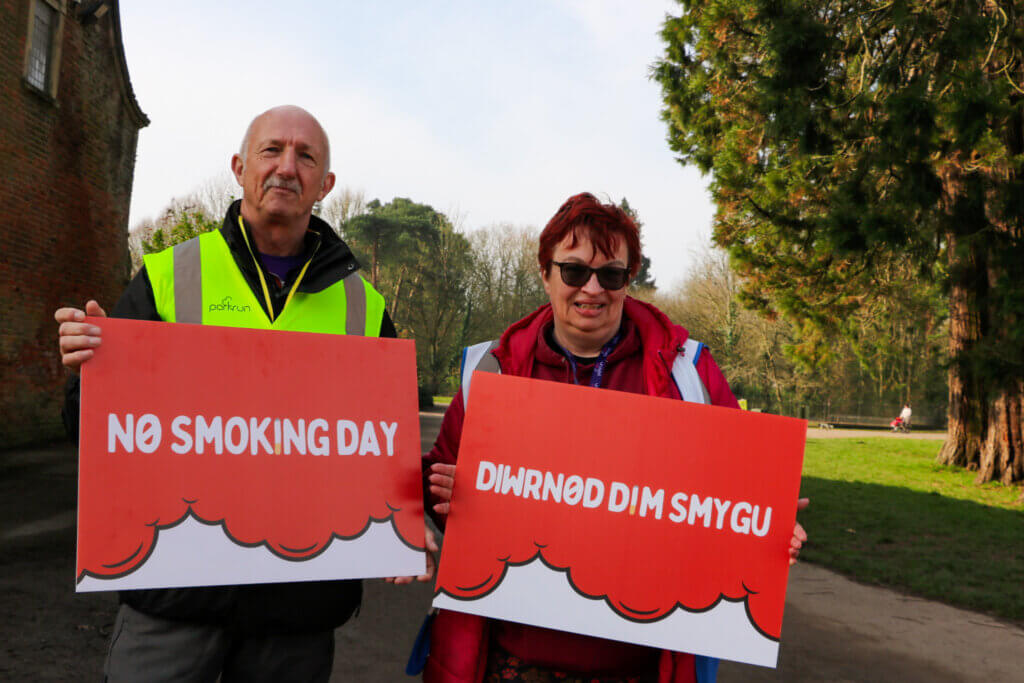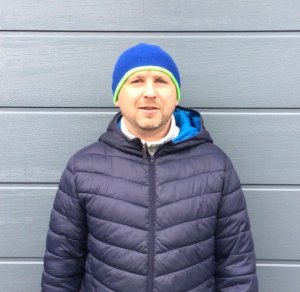 Philip Garrod is a senior practitioner for the hospital smoking and wellbeing service at Hywel Dda University Health Board. He tells us why he is so passionate about helping patients and hospital staff to quit the habit:
Philip Garrod is a senior practitioner for the hospital smoking and wellbeing service at Hywel Dda University Health Board. He tells us why he is so passionate about helping patients and hospital staff to quit the habit:
“I’ve always been passionate about healthcare and worked in the NHS for many years. Becoming a smoking cessation practitioner really appealed to me as I had an opportunity to make a real difference in people’s lives. I’d also seen at first-hand how family member’s lives are affected by smoking so it was an area that really interested me.
My role is to guide patients through behavioural change and provide them with the skills, knowledge and confidence they need to become a more active participant in improving their own health. It’s a true working partnership with each patient.
“Sometimes patients self-refer and others are referred by a specialist practitioner or a consultant as quitting smoking can have huge benefit in the management of chronic conditions, length of hospital stay and will improve wound healing and response to treatment.
“The patients I work with are so varied which makes my role really exciting. We have patients that are really quite young, maternal health patients, some that are physically fit and others with health limiting conditions. It is rewarding when people’s quality of life and self-esteem improve once they are able to quit.
We also work with staff from the health board who smoke and which presents a good opportunity for them to promote the service to patients but also helps them manage their withdrawal during their working day. The new legislation has banned people from smoking on the hospital grounds but we are keen to reassure people that we are here to help. Nicotine Replacement can be given to prevent discomfort experienced as a result of a hospital stay, whether a patient, visitor or a member of staff, we have advisors on each site to help.
Since the start of the Covid-19 pandemic there has been an increase in patients wanting to have smoking cessation support, which is great. It’s not always easy and we try to have a flexible approach tailored around the patient’s needs. We remind patients that the door is always open for them regarding treatment. Sometimes the time may just not be right but we don’t want them to give up giving up.
There are many barriers to quitting and sometimes change is hard but we can work through these issues with the individual and give them their best chance of quitting successfully. COVID has been a frightening time for people and many want to talk about that. We are also work closely with other services such as the local drug & alcohol teams, social prescribers, exercise and nutrition experts.
There are so many examples of patients that I have worked with that make me really proud. I remember an elderly lady who was admitted through A&E because she was struggling to breathe. She was asthmatic and has COPD and was regularly taking respiratory medicine.
The patient had considered giving up previously but it was never the right time. She was in her 80s and had smoked for many years. We listened to her history and tried to understand why she smoked. She said to me: ‘I don’t think I’ll ever be able to stop, this is my life I enjoy doing it’.
She was really struggling in the mornings with a repetitive cough and the knock on effects was causing her incontinence because she was coughing so much. She thought she would never be able to go out in social circumstances because the cough would embarrass her. We treated her with nicotine replacement therapy, supported her with behavioural and motivational support and listened to the patient to understand the things she really wanted out of her treatment.
In no time at all she started using the medication really proactively and she really engaged and attended appointments. Soon the patient started to notice the benefits to her own health, her cough had improved dramatically and that was the icing on the cake. She set a goal to attend a family wedding but was so anxious as her cough had embarrassed and brought unwanted attention at previous gatherings. This had prevented her accepting invitations for years. We coached and supported her and continued our treatment and the patient grew in confidence and she managed to attend the family wedding. Her confidence and quality of life improved as well as her finances. That was such a rewarding exchange.”

